“I believe that the stronger one is the one who sees the situation, who thinks of the people, who has the courage of the white flag, to negotiate,” said Pope Francis answering a question posed to him by a television journalist referencing “some call for the courage of surrender, of the white flag” when it comes to the ongoing war in Ukraine.
Following official communication there is nothing surprising about these thoughts having been downplayed and dismissed by official parties.
Ukrainian Foreign Minister Dmytro Kuleba gave a witty but politically and moral-wise very important reply: “Our flag is a yellow and blue one. This is the flag by which we live, die, and prevail. We shall never raise any other flags.” However, there were other repercussions.
POLITICO’s article about the developments published on Monday stated that Pope Francis’ remarks about the necessity of negotiations, truce and the perceived needlessness of any more casualties on either side – in what is essentially a stalemate, by the way –, “seemed to parrot Kremlin talking points” and quoted German Foreign Minister Annalena Baerbock noting the Pope “needed to visit Ukraine to see the damage being wrought by Moscow”.
Other political actors had their say, as well. “How about, for balance, encouraging Putin to have the courage to withdraw his army from Ukraine,” Poland’s Foreign Minister Radoslaw Sikorski said Sunday in a post on X. “Peace would immediately ensue without the need for negotiations.” “My Sunday morning take: One must not capitulate in [the] face of evil, one must fight it and defeat it, so that the evil raises the white flag and capitulates,” Latvia’s President Edgars Rinkevics said in a post on X.
Ever since Ukraine’s spring counteroffensive failed to bring along any breakthrough, there has been a tension and a very vehement appeal – borderline demand – for faster, more efficient and larger scale support for Kyiv on the side of those who still maintain that Ukraine can only win militarily and that its territorial features have to be fully restored, whatever the cost.
The Pope’s office was swift to react and somewhat aimed to dampen the situation but at the same time emphasized which everybody, including the above-mentioned seem to be forgetting: this is nothing new. From the very beginning, Pope Francis has been campaigning for truce and negotiation.
The pro-Ukraine side has to understand that the head of the Catholic Church simply cannot emphasize anything else than a need for peace and diplomacy because that is what the Pope does. Long gone are the times when the Catholic Church were directly involved in hostilities and I risk saying that not many of us want that time back.
So, no, Pope Francis is not parroting Kremlin talk. Pope Francis is “parroting” thoughts enshrined in the Bible and available for every American and European citizen Sundays in their vicinity. Arbitrarily wanting an institution or an actor to change its stance on such a fundamental level really should be unheard of.
Because when it comes to people dying, the views of Pope Francis are not as finessed as those people’s at the Oscar’s Sunday night: shouting unwavering support for warfare in Ukraine but calling for a ceasefire in Gaza.

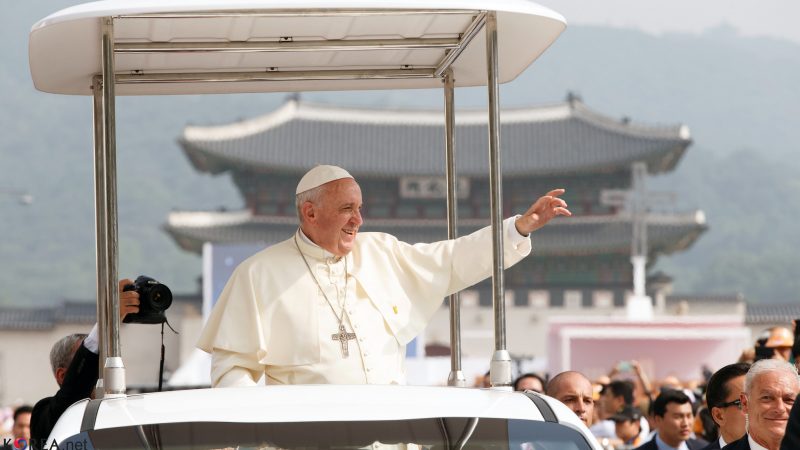
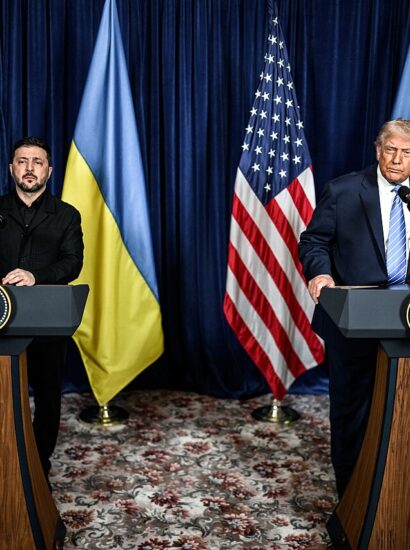
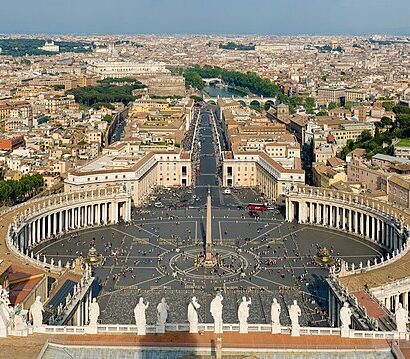
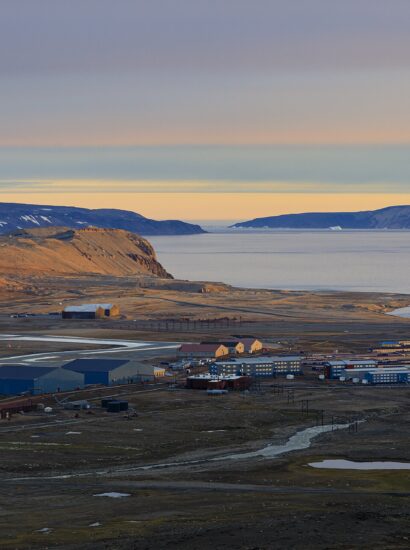
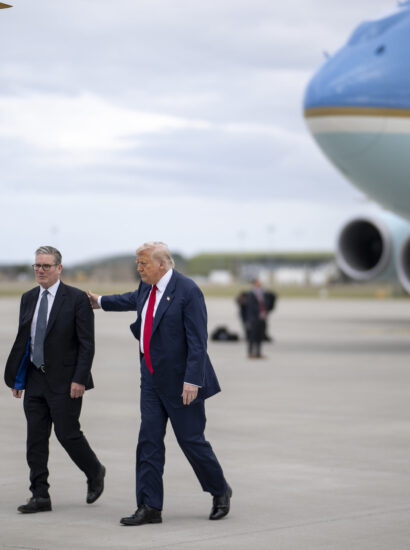


[…] EU made a bad decision to become militarily involved in the war for a potentially unlimited period of time and unlimited cost. Brussels did that on the assumption that the U.S. would always […]
[…] detractors believe Francis’ papacy is a disaster better forgotten – or pray it will prove a liberal […]